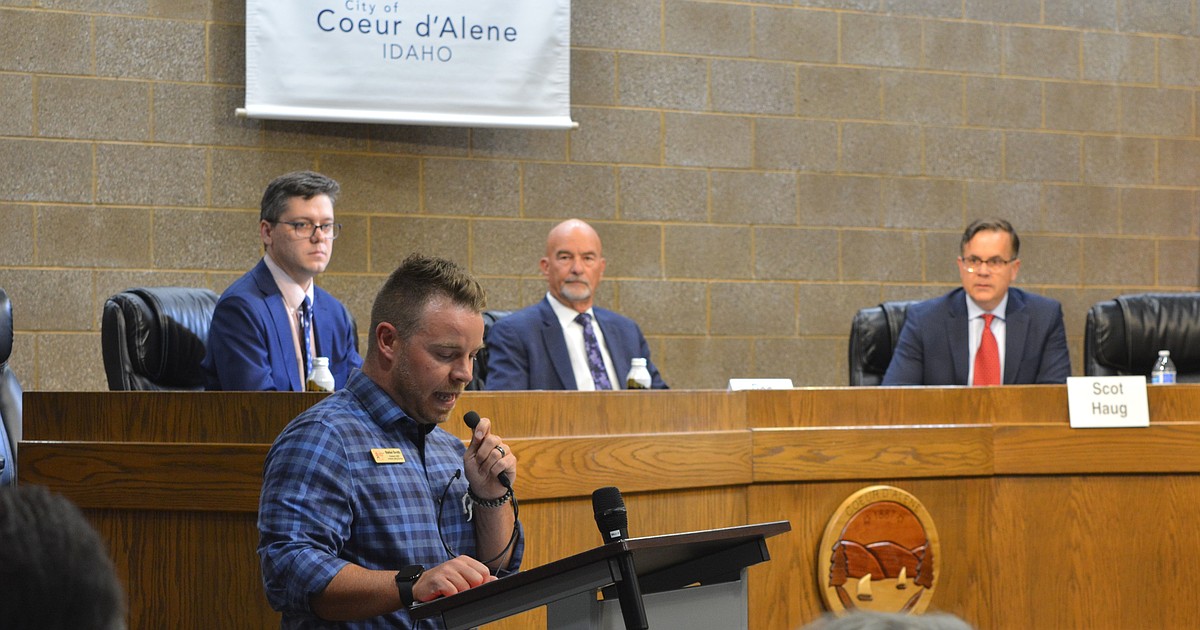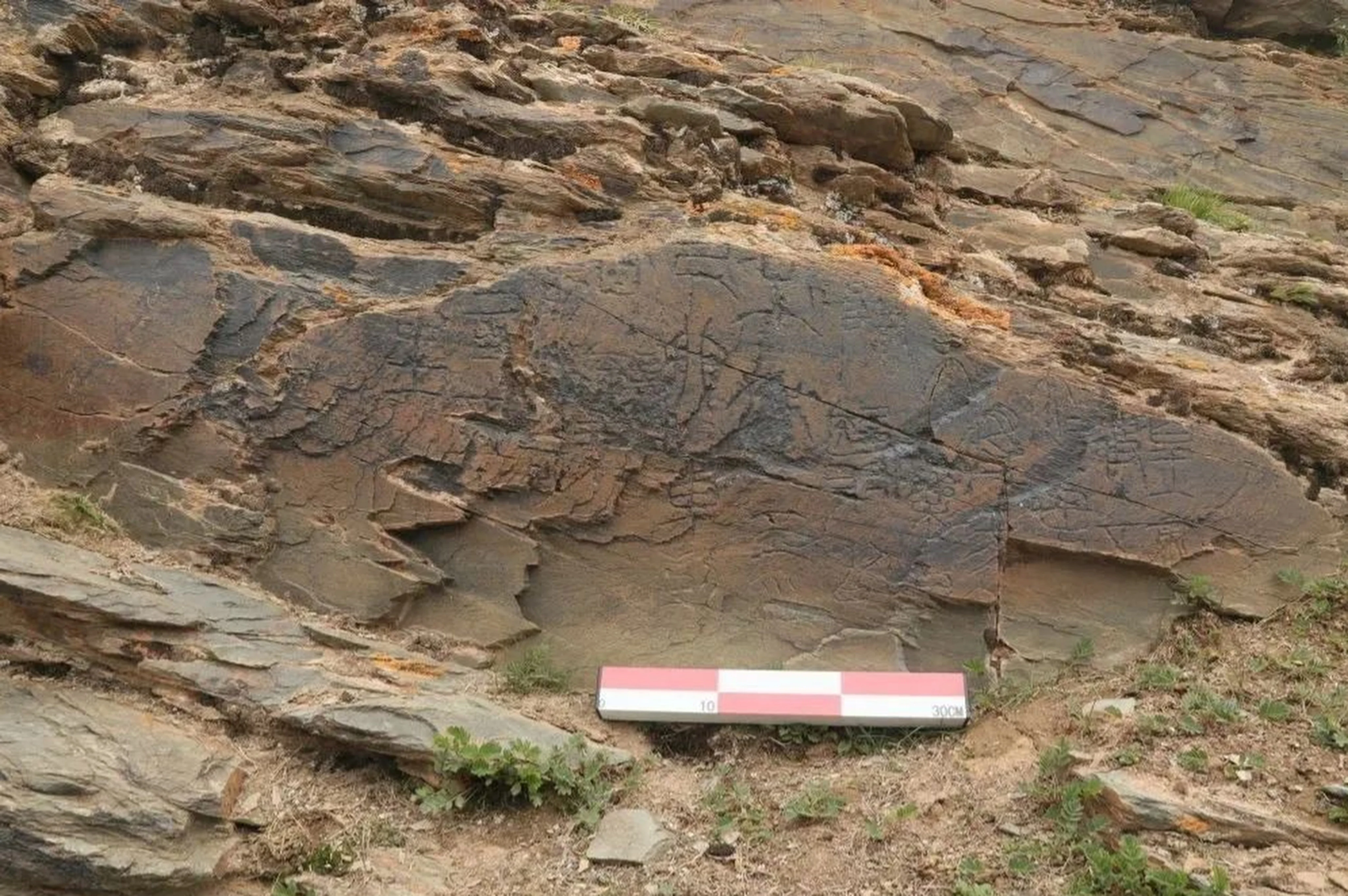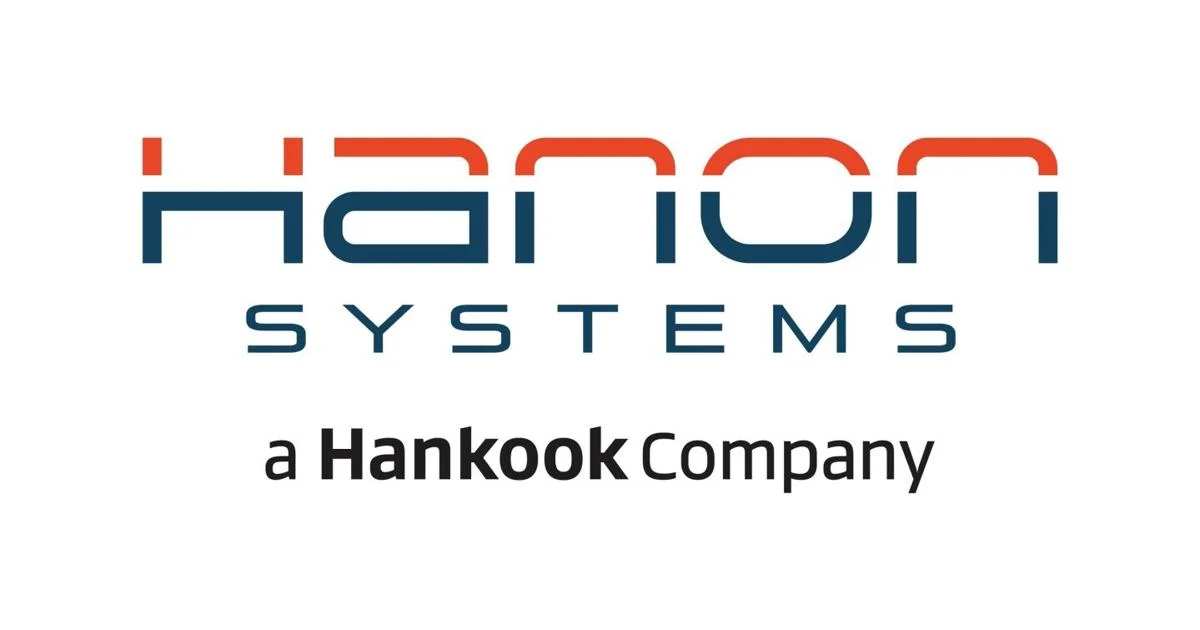
During a forum for Post Falls and Coeur d’Alene candidates Thursday, emcee Stefan Smith called upon citizens to dig deeper to learn more about the people wanting to represent them in local office.
“It’s our duty as citizens to make informed decisions,” Smith said.
The forum was presented by the North Idaho Building Contractors Association and Coeur d’Alene Regional Realtors at the Coeur d’Alene Public Library.
The three Post Falls mayoral candidates went first.
Former Post Falls Police Chief Scot Haug said he’s never been a politician before and said he wants to clear red tape from city processes and treat residents more like customers.
“I believe in smaller government,” Haug said.
City Councilor Randy Westlund called the current housing situation “a delicate balance.”
He objected to the use of HUD Section 8 housing as a solution and instead pointed to starter homes for families.
“Homeownership is one of the most important aspects of American life,” Westlund said.
Attainable housing was what Mayor Ron Jacobson said is necessary in Post Falls as the city has had to field rapid growth in a short time.
To keep up with changing needs, Jacobson said the city has adopted new zoning regulations to include tiny homes and cottage homes as part of the new “balancing act.”
“There is no special sauce that will make everyone happy,” Jacobson said.
As the Post Falls City Council candidates took the floor, Marc Lucca said there will be growth whether residents wish for it or not. He advocated for the city to deprioritize high-density housing and instead prioritize owner-occupied housing as a means to guided growth.
“The city either grows or it dies,” Lucca said.
City Councilor Ryan Davis spoke of the complicated set of issues Post Falls and other cities North Idaho are facing when it comes to housing and called for creative thinking to solve the problem.
“The elephant in the room, unfortunately, is density,” Davis said.
James Steffensen said there has been a need to balance the character of the city with the changing needs of residents to maintain the livability that makes Post Falls home.
“We need to allow for a mixture of homes,” Steffensen said.
For the Coeur d’Alene mayor race, resident Debbie Loffman said she is for a height limit when it comes to building.
“Zoning is one of the most important tools we have as a city,” Loffman said.
John Pulsipher said he joined the mayoral race because he has heard a reoccurring theme of, “It’s too expensive to move my family to Coeur d’Alene.”
Sometimes Pulsipher said, this was coming from dentists like him who make good salaries.
“I need for them to have a home,” Pulsipher said.
Councilman Dan Gookin said he has been concerned with people he’s heard from who say government doesn’t care about them anymore.
“I want to be a voice for those people,” Gookin said.
Gookin pitched the idea of opening committees to residents rather than picking from the same small pool of people.
“I think we need commissions that represent all of Coeur d’Alene,” Gookin said.
Mayor Woody McEvers compared his work in the hospitality field to the work he has done on the council and as mayor.
Facing a tight city budget, McEvers said Coeur d’Alene has had to be more inventive and is turning to in-house work rather than contracting for paving or technology needs when possible.
Six Coeur d’Alene City Council candidates went next, beginning with former Kootenai County Commissioner Bill Brooks who voiced his concerns over losing longtime residents in the area due to the potential of rising taxes in addition to the cost of living.
Brooks called for Coeur d’Alene to “pump the brakes” and help the people who live in the city by finding other ways of revenue such as resort fees.
“Most everybody knows that growth does not fully pay for itself,” Brooks said.
Incumbent Kiki Miller said she has been advocating for more housing regionally by testifying at the state and local levels and by helping launch programs like HomeShare Kootenai County.
Because property rights are “paramount” in Idaho, Miller said, “We need to put forward viable solutions one at a time.”
Incumbent Amy Evans said Coeur d’Alene needs to create smart infrastructure that blends the city’s identity with the changing needs of the residents. Evans wants the city to lower costs for builders while “staying true to our values.”
“We need to allow our community to grow responsibly,” Evans said.
Jeff “Doc” Larson has been living in the area since 2017 and said there are a lot of smart people who may be holding the key to solving problems like development.
“What I can see with open eyes is there is only so much you can build,” Larson said.
Councilor Kenny Gabriel said he plans to be out in the community learning more about resident needs.
“I want my grandkids to stay here, I want your kids to stay here,” Gabriel said.
JD Claridge said the frustrations of residents in North Coeur d’Alene has been his reason to join the council race.
He called for a traffic impact study and pointed to visitor taxation as a way to bridge the gap in the city’s budget.
“Our lake is beautiful, people want to come to it from all over the country and all over the world,” Claridge said.



